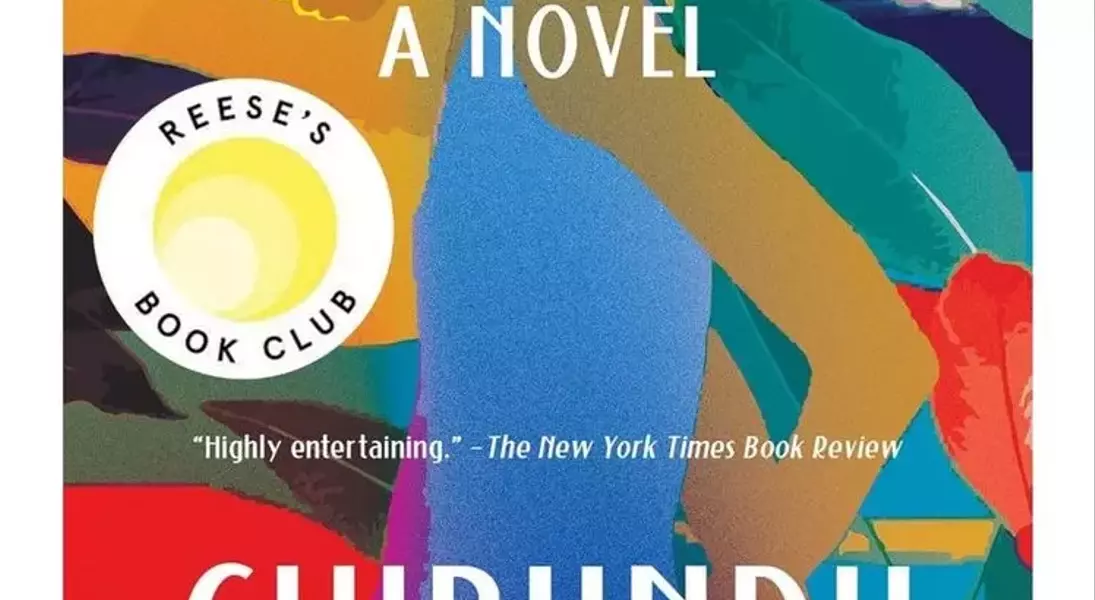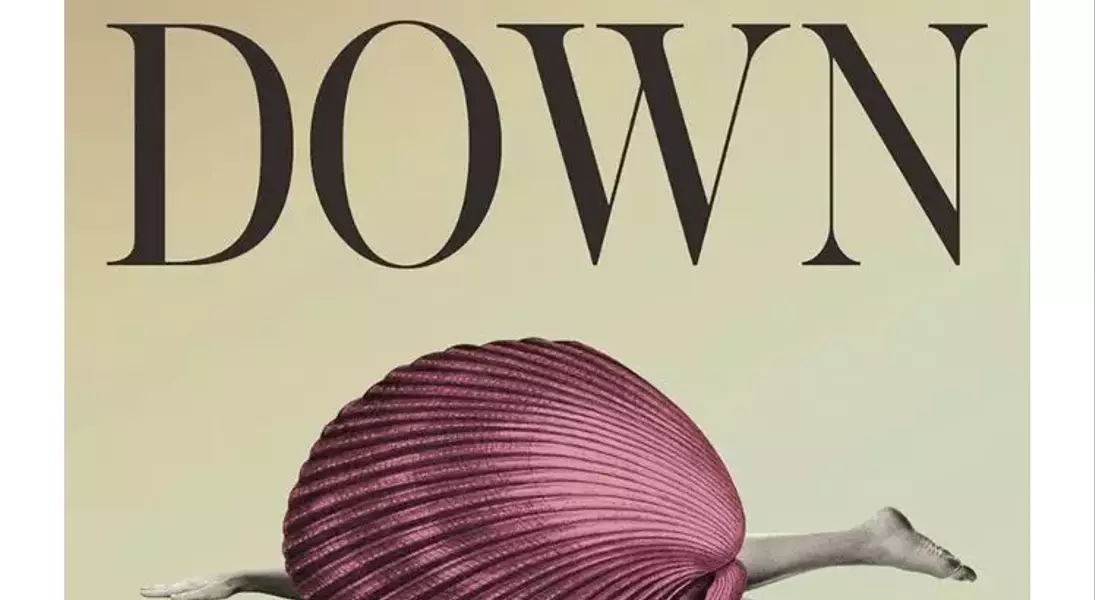








A growing body of contemporary literature is embracing the intricate and often tumultuous journey of marital separation. From Belle Burden's forthcoming memoir to recent works by Sarah Manguso and Leslie Jamison, these narratives explore the profound personal transformations that occur when long-term partnerships dissolve, offering a stark contrast to stories focused solely on the beginning of love. These works delve into the emotional aftermath, the practical challenges, and the unexpected paths individuals forge after divorce, captivating readers with their honesty and depth.
This renewed interest in the divorce narrative reflects a broader societal introspection on the institution of marriage itself. Authors like Molly Wizenberg and Kristen Arnett provide unflinching accounts of discovering new identities or navigating complex family dynamics in the wake of divorce. These stories, often personal and raw, challenge conventional notions of commitment and happiness, presenting divorce not as an endpoint but as a catalyst for growth and self-discovery. The exploration of divorce in modern literature serves as a mirror to our evolving understanding of relationships and the human capacity for resilience.
The current literary landscape, with its abundance of divorce-centric narratives, signals a significant cultural shift. Works by Chibundu Onuzo, Maggie Smith, Anelise Chen, and Katie Yee, each in their unique way, demonstrate how individuals rebuild their lives, assert their independence, and find new meaning after the termination of a marriage. This trend suggests a collective willingness to confront the realities of failed relationships, learn from them, and ultimately find strength and renewed purpose in the process of moving forward.
Literature, through its exploration of divorce, reminds us that the conclusion of one chapter can usher in the beginning of a powerful new story. These narratives, far from being tales of despair, illuminate the resilience of the human spirit, the courage required to confront change, and the profound capacity for self-reinvention. They encourage us to view life's challenges not as endings, but as opportunities for growth, understanding, and the creation of a more authentic and beautiful existence.
